People that make a difference
Women leading the way
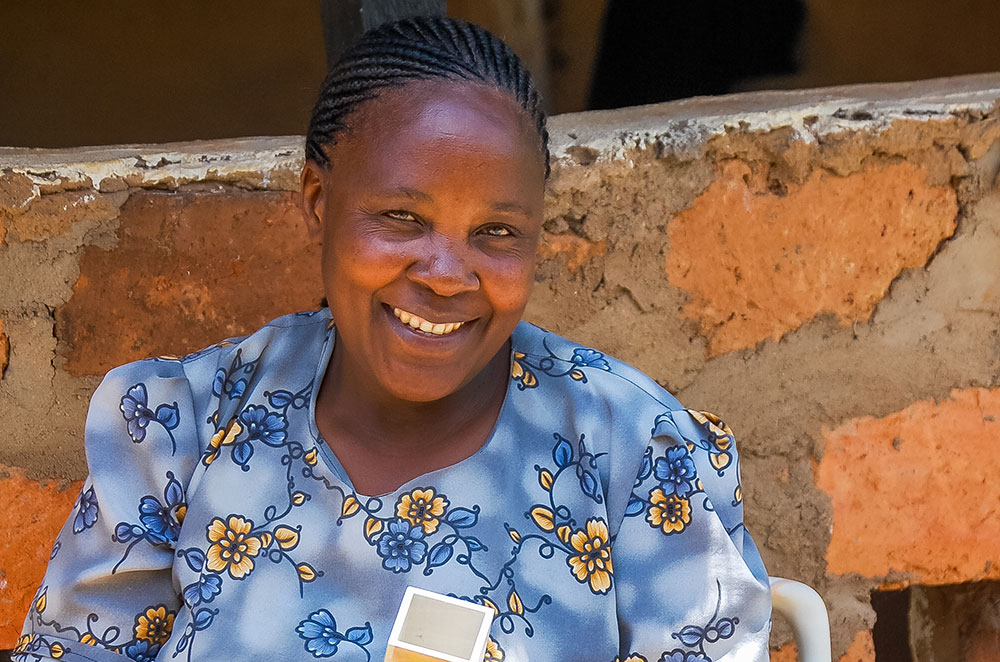
Often cast as passive bystanders, women’s place at the heart of the family and community means that they too can be targets for recruitment, can amplify radical messages and provide support to extremists.
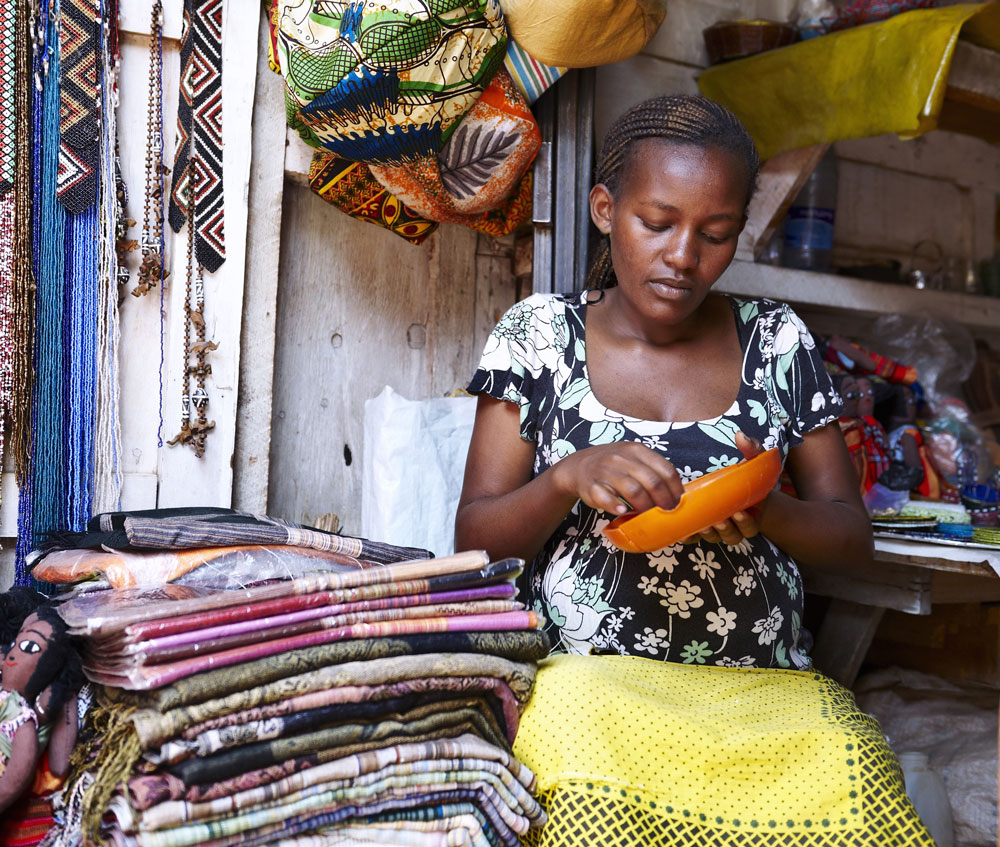
This is why EU-funded Preventing and Countering Violent Extremism (P/CVE) programmes engage directly with women to strengthen their awareness and involvement in prevention work. In addition to the activities of COWC in Kenya, which are supported by the EU through the STRIVE Global GCERF programme, initiatives include UNDP’s work to develop a women’s mediator platform in the Philippines that aims to strengthen the capacities of women working to prevent extremism in their communities. Similarly, the STRIVE Horn of Africa programme helped establish 11 women’s peace committees in Somaliland to raise awareness of VE, providing guidance for women working with law enforcement, and training policewomen on participation in P/CVE work. And at an institutional level, UNDP PROTECT has engaged with the Indonesian government to ensure a substantive gender dimension in the implementation of the country’s National Action Plan on P/CVE – going beyond simple numerical representation and seeking to unlock the potential of women to act as agents of change in their communities.
Returning to Kenya, COWC engages with local women on a number of fronts. As a women-led interfaith group of female clerics, the Council promotes understanding and tolerance in coastal communities through joint actions for sustainable peace and socio-economic development. In the SAVET programme, COWC has been working more closely with vulnerable groups at risk of radicalisation. Whether in group meetings or one-on-one counselling, COWC aims to provide a safe space for these women – many of whom have experienced trauma – to talk about their experiences and develop tools to address the challenges they face. The Council also trains women to be champions in promoting P/CVE strategies for their families and broader communities.
“We can have representation but that’s not enough; we need to have women at the table where decisions are made.”
Another key focus is building women’s capacity to support themselves economically; for example, facilitating savings and internal lending communities so that they can borrow and build investments to assure a sustainable livelihood. Even the cookout sessions have an economic slant: as the mbirimbi pickle the women learn to cook can be made from readily available ingredients, they can produce it themselves in the future to sell and generate an income. And these steps towards economic empowerment are complemented by efforts to build capacity of women on the civic stage. COWC promotes women in leadership positions and organises consultative forums with security agents and civil society to give women the ability to advocate for their own needs. “We work in the background to lend a voice to women so they can come into leadership positions,” explains Rev. Jilani. “We can have representation, but that’s not enough. We need to have women at the table where decisions are made.”
RESEARCHING WOMEN’S ROLES
Historically, views on women’s role in violent extremism have been reductive.
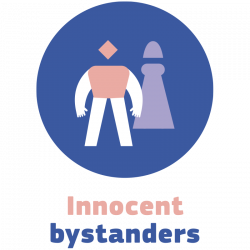
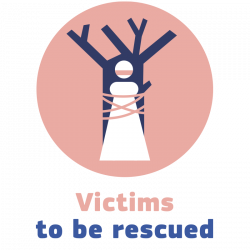
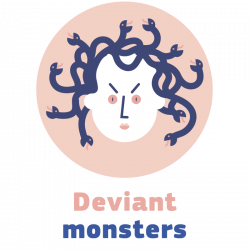
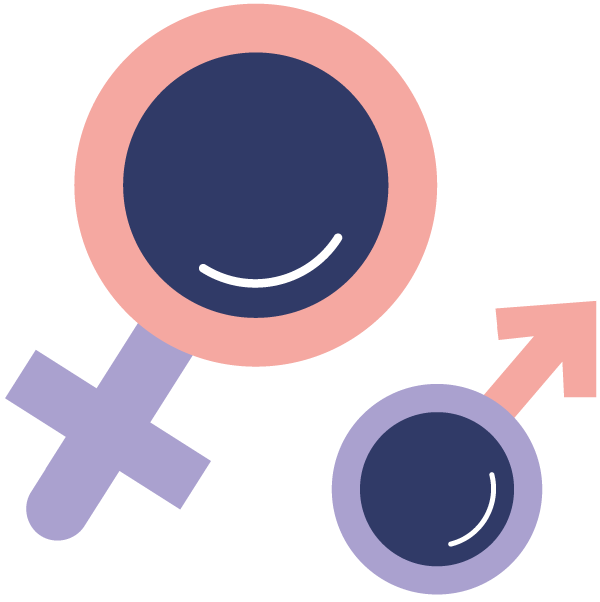
Therefore, it is necessary to use a gendered perspective when researching violent extremism, which looks at women and men and the impact of gender role expectations on participation in violence.
Research offers more nuanced, evidence-based perspectives. For example:
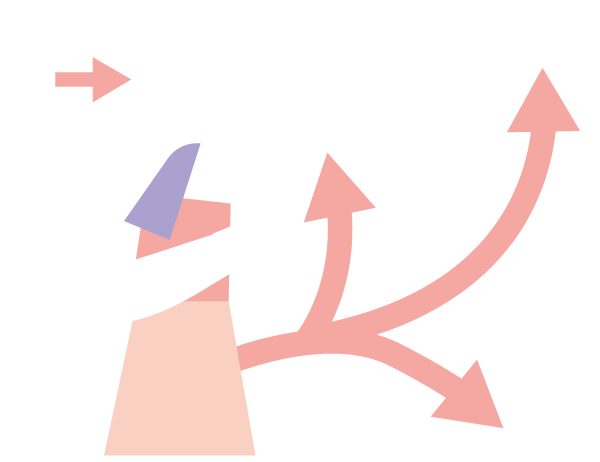
Like men, women can make active choices
Women have too often been seen as victim to or being swept up by violent extremism.
However, like men, women also have agency and can act as willing participants in violence and/or supporters of the terrorist cause.
Like men, women can turn to violent extremism for varied reasons. Often, their reasons are the same as men’s.
Root drivers of violent extremism are broadly the same for women and men, but they can
present themselves in different ways to different parts of the population, such as through:
● the level of education● the role gender inequality can play
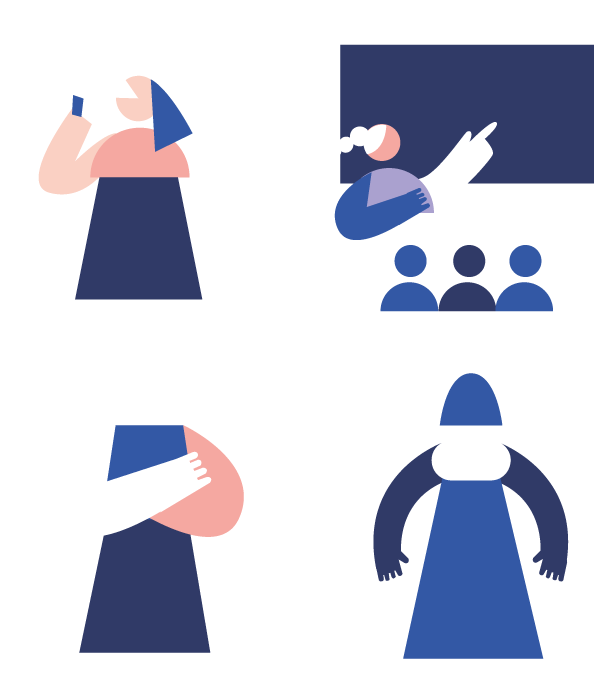
Like men, women can take up different roles in different groups
● Sometimes act as trustworthy recruiters
● Sometimes fill reproduction and education roles for next generation of recruits
● Sometimes act as influencers, enforcers and guards
● Sometimes actively engage in violence

A gender lens is necessary to gather evidence for the roles that women and gender equality can play in preventing and countering violent extremism